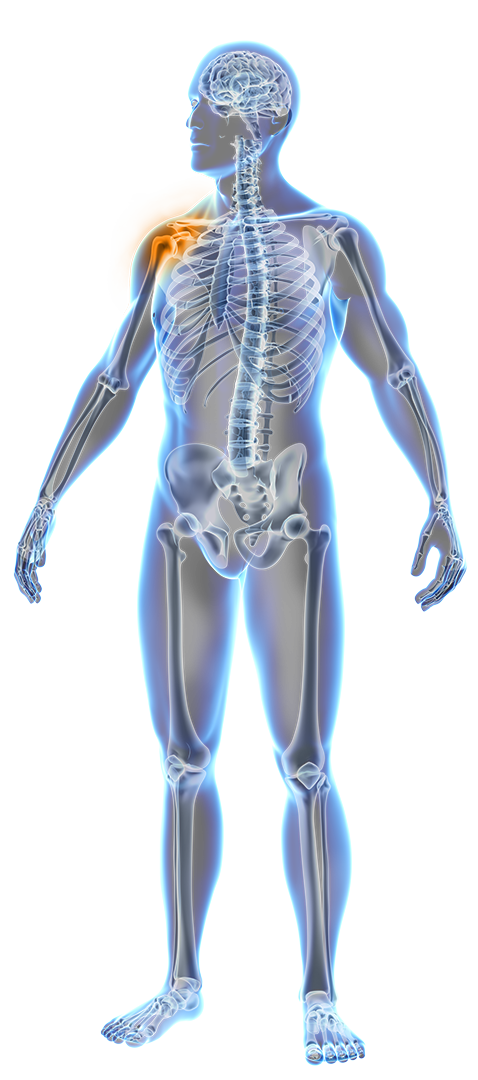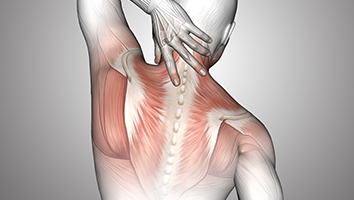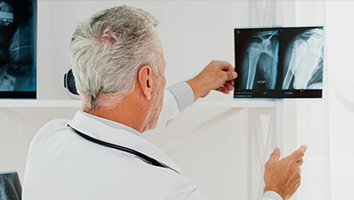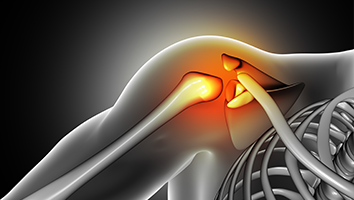Shoulder Care
Explore our articles for insights into prevalent shoulder conditions, benefits of arthroscopic surgery, and treatment expectations. We simplify complex medical information, ensuring you grasp the importance of early intervention and advanced solutions for your shoulder health. Whether you're an active individual or seeking relief from shoulder pain, our Shoulder Care Education Hub is your reliable resource for information and guidance on the path to recovery.










